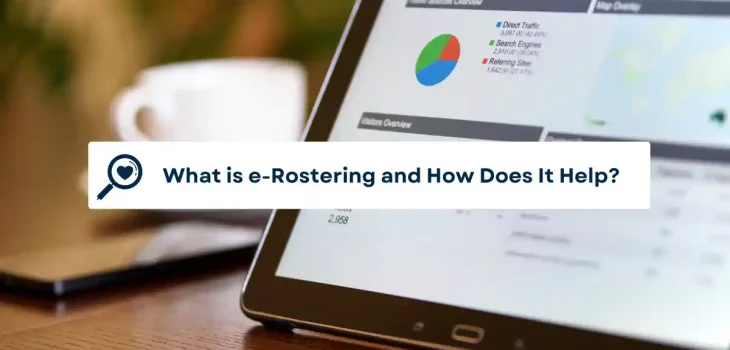What’s The Differences between Financing and Leasing a Car
Buying a car is one of the biggest purchases you’ll make in your life. So it’s important to understand your options and make the right decision. There are three different ways to buy a vehicle: financing, leasing and buying outright. Each option has its own benefits and drawbacks, so let’s look at each but more closely at what’s the difference between financing and leasing a car .
What is financing?
Car financing is the process by which you get a car loan from a lender such as a bank, credit union or finance company. You agree to repay the loan in full plus interest over a specified period of time, usually three to seven years. When you make your final payment, the lender releases the lien (claim) on your vehicle.
Many people choose to finance their cars because they don’t have enough cash on hand to pay for the vehicle outright; financing allows them to buy more car than they could otherwise afford. But paying cash is usually less expensive in the long run because it avoids interest charges.
What is leasing?
Leasing is another way of financing a car, where you pay for the depreciation of the car during your lease term.
Leasing is a way to own a new car without having to spend all the cash up front. It can be cheaper than buying with finance, but it’s not always as simple as that. There are pros and cons to leasing and before you sign on the dotted line you need to understand what you’re letting yourself in for.
With leasing, instead of paying off the full cost of the car, you pay off its depreciation over the time you have it. That means your monthly payments are lower than they would be if you were making repayments on a loan. At the end of your term, you can simply return the car or buy it outright at its current market value.
Many leasing options are available from our dealerships, such as:
Driveway’s Interest Free Drive-away lease – $0 deposit + $0 balloon payment + $0 interest = $0 payments for the first 90 days! This option is available across our range of cars and vans (excludes utes).
What are the benefits of each?
To answer this question, let’s first discuss the basic differences between the two types of financing.
Leasing a car is similar to renting one. You pay a monthly fee to drive it and return it at the end of an agreed-upon time period. That time period will be shorter than if you bought the car outright.
Once that time period is over, you’ll have to turn in the keys, but you can then lease another vehicle with a new contract.
Financing a car means borrowing money from a bank or other lender in order to purchase it. Once you’ve made all your payments, you own the car outright and can do whatever you want with it.
The cost of each varies depending on how much money you put down, what kind of interest rate you get and other factors. The key difference is that leasing has lower monthly payments than financing because your loan amount is based on only part of the car’s total value (not including its depreciation over the years).
What’s The Differences between Financing and Leasing a Car
The most important difference between financing and leasing a car is how much of the vehicle’s value you get to control.
When you finance a car, you pay for the entire vehicle, with interest. You can use it as long as you want, sell it at any time, or trade it in. In other words, it’s yours to use and control as you see fit.
When you lease a car, on the other hand, you only pay for the part of the vehicle’s value that you’ll be using over the duration of your lease agreement. In essence, you only pay for what you need. This means that monthly payments are typically lower than if financing or buying outright.
What’s The Differences between Financing and Leasing a Car [Video]
Financing vs. Buying Outright
You’ve got a few options for financing a car purchase. You can pay cash, lease, or take out an auto loan.
If you have the option to finance versus paying out of pocket, consider the advantages and disadvantages of each type of payment method. For example, if you have the cash to buy your car outright, you’ll save money over time because there are no interest charges. But you may have better uses for your cash, such as investing it in mutual funds or other assets that will earn more than you would pay in interest on a car loan.
On the other hand, if you don’t have enough cash on hand to buy your car outright, leasing and financing may be your only options. And these options aren’t necessarily bad. In fact, some people prefer to lease or finance their cars because they see it as an opportunity to drive a new car every few years without paying the full price of ownership.
There are pros and cons to each option and personal preferences will dictate whether it makes sense for you to pay cash or finance your next car purchase.
Pros of Buying Outright
- You can negotiate with the seller without worrying about monthly payments.
- Don’t have to worry about interest rates or monthly payments.
- You can buy a used car without worrying about mileage restrictions or service contracts.
Cons of Buying Outright
- It takes a lot of money upfront.
- You might not save as much money as you think if you choose to finance a car instead.
Pros of Financing a Car
- You don’t need to pay cash up front.
- Financing allows people with bad credit to purchase cars because the lenders use collateral in case the buyer defaults on their loan.
Cons of Financing a Car
- Financing a car is a great option, but it’s not without drawbacks. For starters, there are monthly payments once you have the car. You can also end up paying more in the long run since you’re not paying off your balance immediately.
- Being unable to afford the monthly payments is sometimes an issue when financing a car, so if you’re considering this option you’ll want to make sure that you can afford it.
Summary: What’s The Differences between Financing and Leasing a Car
I hope that through this, you’ve learned at least a few things that will help you make better informed decisions when it comes to leasing and financing your next vehicle purchase. There are obviously exceptions to everything I wrote in here, but there is a lot of useful information that can help you understands the ins and outs of both types of transactions.







